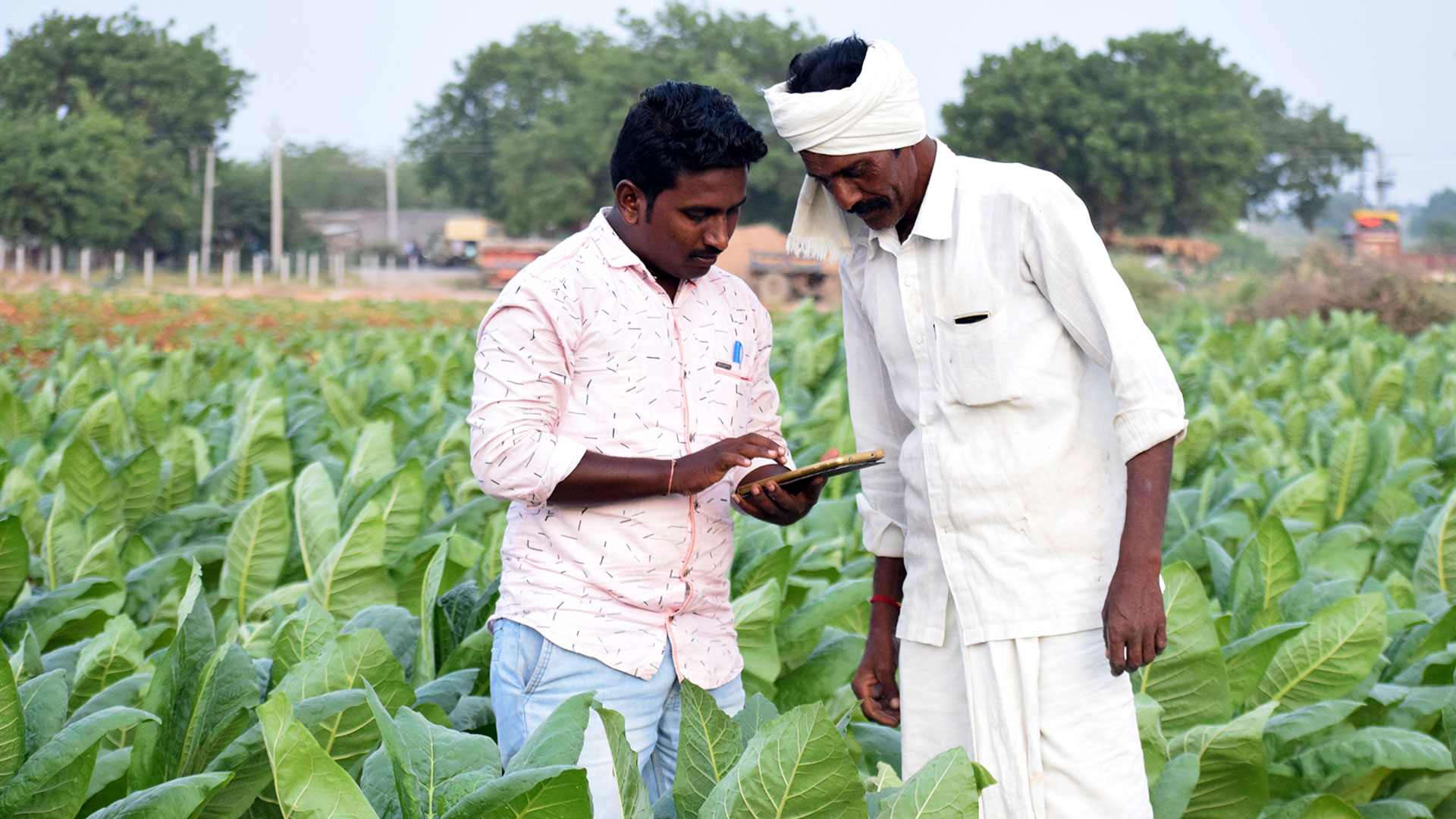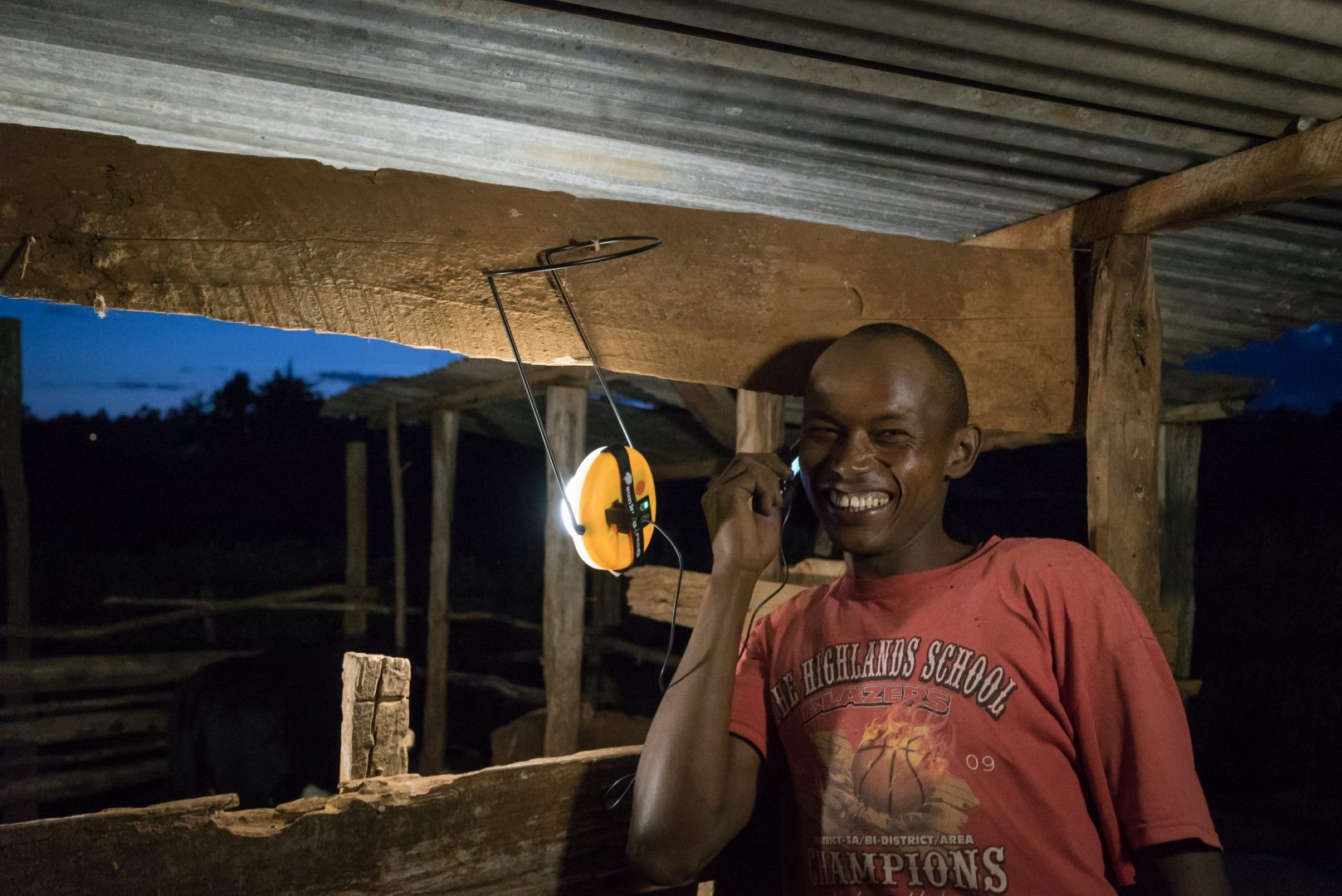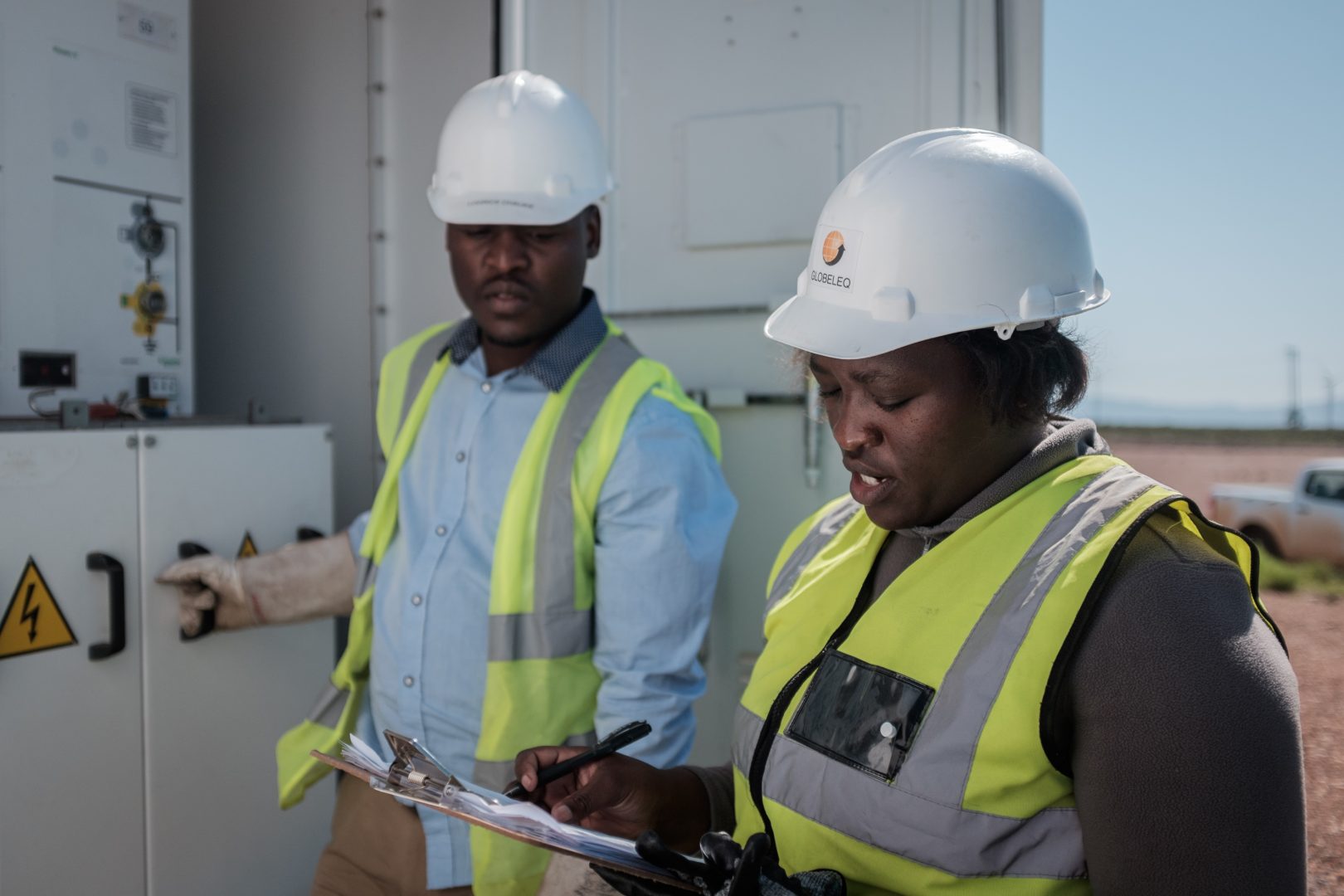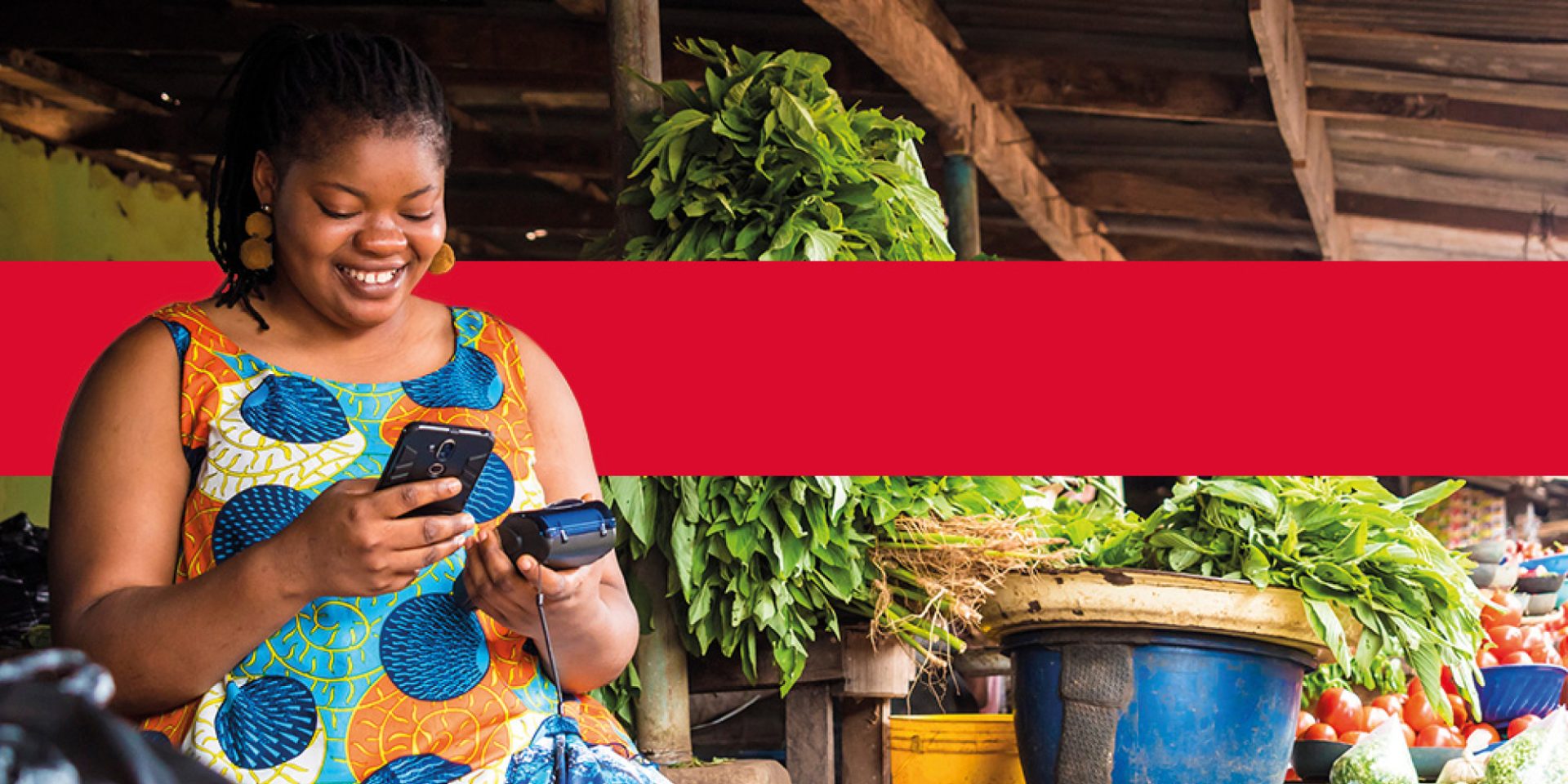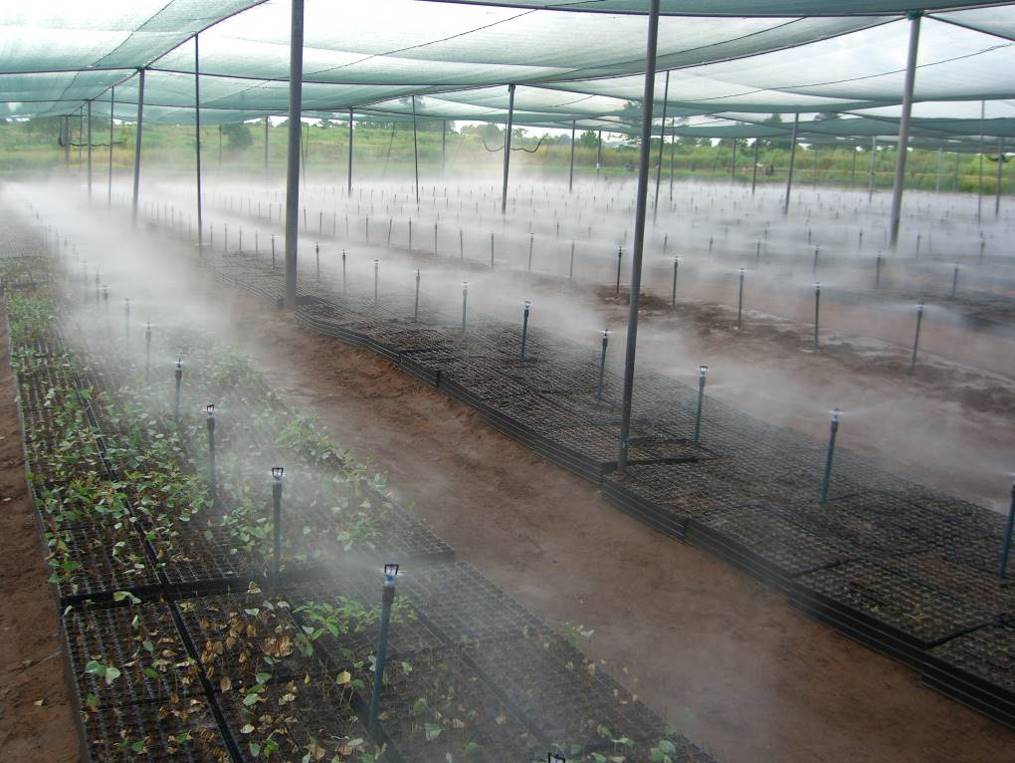The news regularly reminds us of the fragility and conflict around the world that wreaks havoc on peoples’ lives and plunges them further into poverty. Such countries and people are always top of mind for those working in the development space. And while many investors and businesses might pull back in times of crisis, worried about financial and political risks or safety concerns, development finance institutions (DFIs) such as CDC have a mandate that compels us to work out how we can continue to support these economies even throughout tough times.
This is why it is critical that DFIs continue to come together to share lessons and ideas, and explore how we can take action to make the greatest difference.
Last month I joined the 2021 DFI Fragility Forum, hosted annually by Oxford University’s Blavatnik School of Government and now in its third year. The two-day roundtable, held virtually this year, is a valuable opportunity for CDC colleagues and myself to catch up with our counterparts at other development finance institutions, share experiences and expertise and look for opportunities to work together.
After a year of separation, it was also a strong reminder of the importance of collaboration in the work we do, and following the event I spoke on CDC’s podcast about the importance of DFIs working together. We are not and should not be competitors. We share many of the same objectives, we should be partners wherever possible. Especially when we are working in some of the most complex and challenging markets.
As long as CDC has existed, we have been committed to supporting economic development in the world’s fragile and conflict-affected states. Since 2012 our strategy has given us much greater focus on the hardest places. And in 2019 we formally launched Catalyst, our approach to shaping nascent markets and investing in less commercially proven business models where there is potential to build inclusive and sustainable economies. When making a Catalyst investment we can take a more flexible approach to risk than we make for other investments, to bring about pioneering impact at a market level. But we are not naïve about the challenges these countries face or the level of commitment and risk capacity required if investors want to have a meaningful impact in these markets.
As specialist investors, DFIs are almost uniquely positioned to be effective in fragile states. We are willing and able to take on greater commercial risk to invest in companies in countries which are often deemed too risky for private investors. And it is right that DFIs invest in the hardest places. We know that no country in history has escaped poverty without private investment and often it is the most fragile markets where our capital can have the greatest impact. But there are some considerations we need to bear in mind as we do this.
Firstly, we need to recognise that DFI investment is only one tool in addressing key issues of development. It cannot solve every problem in every country. Successful deployment of capital requires countries to have a basic security, governance institutions and rule of law. Without these a private sector cannot function. In some countries such as Somalia, Yemen and Libya these conditions do not exist today, and the role of DFIs is to use their expertise on working with the private sector to help governments create conditions that make investment possible.
Second, we need a balance sheet capable of absorbing the risk of investing in these markets while still delivering an overall return. DFIs are largely self-financing organisations – reinvesting the profits made from successful investments into new impactful investments – so we must make a return in order to be sustainable. The reality is that in some instances, investing in harder markets can occasionally result in failed investments. It is never something we want to happen; we always aim to support businesses that are profitable and self-sustaining. But these events are manageable if they are in the course of making a positive difference to people’s lives and we are still able to make a return across the portfolio as a whole.
Third, in fragile countries more than any other, we cannot operate alone. Working to make a lasting difference in these environments means joining with partners including other DFIs, NGOs (non-governmental organisations) and the private sector.
Fourth, we also know that investing in this type of market needs an innovative approach. These are environments which struggle to attract commercial investment because opportunities are typically overshadowed by high financial risk, and weak or fragmented institutions. This means we need to take a bespoke approach to investing compared with some of the other countries we invest in. For example, we might need to be more open-minded about the sectors we’re willing to back. And some instances may require DFIs to think beyond individual investments and consider what can be done to stimulate investment and growth at a market level.
One such initiative aimed at creating an environment capable of attracting investment which has emerged from the Fragility Forum is Nepal Invests, a platform created by DFIs and development partners to increase investment into the country. It’s the result of prolonged dedication and cooperation between multiple organisations and shows how tangible progress can emerge as a result of collaboration and knowledge sharing from the Forum.
Funded in part by CDC’s technical assistance facility, CDC Plus, it is a clear example of the ways in which DFIs can share resources and knowledge to bring about change, in a way few others can. It is a unique collaboration between the public and private sectors to solve in-market inefficiencies which became barriers to investment. Importantly is also has the potential to be scaled as pioneering approach which I hope will become a successful template to be replicated in other markets.
What our experience from fragile states also tells us is that these things take time. Tackling market-level issues requires commitment, pragmatism and persistence, but we are starting to see how a collaborative approach can yield results. I am in no doubt that it is one we must adopt to tackle the pervasive investment challenges faced in these environments, and to support vibrant private sectors that can create the jobs and opportunities needed to alleviate poverty, inequality and instability.



